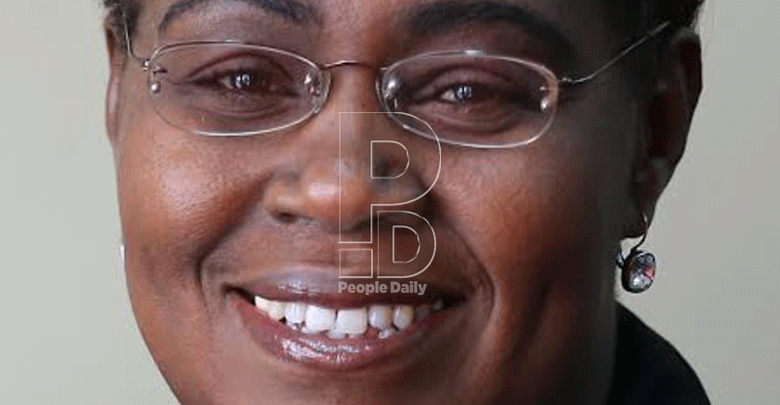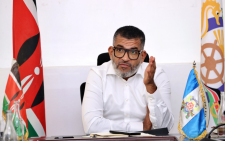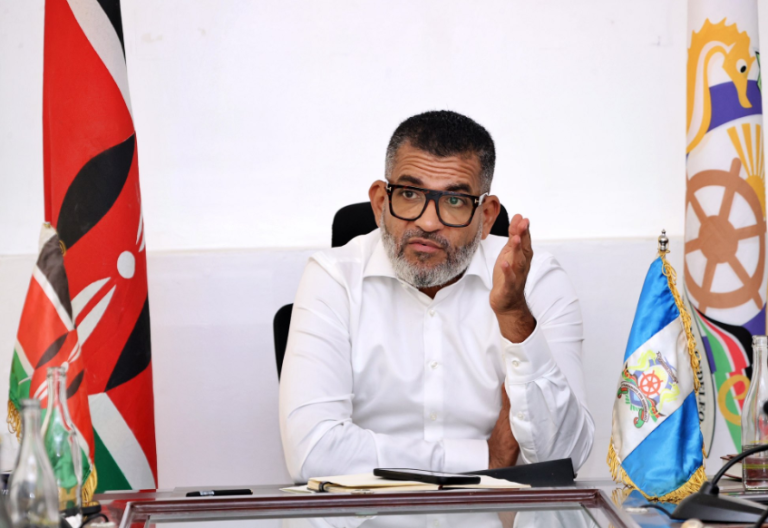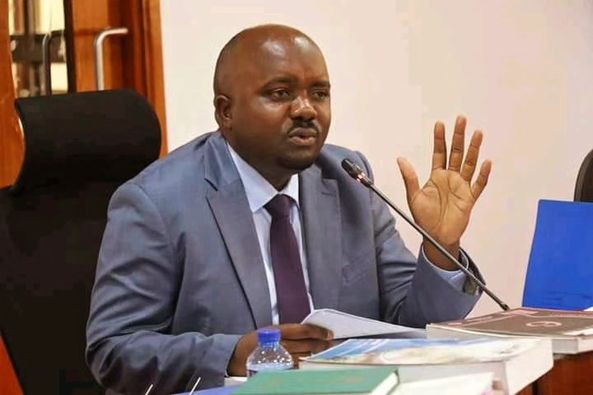Fostering resilient learning in the face of Covid-19 crisis

The pandemic has created the largest disruption to education in history and the nine months-long school closures entrenched inequalities in access to learning.
Kenya National Commission for the United Nations Educational, Scientific and Cultural Organisation (UNESCO) Secretary General, Dr Evangeline Njoka, outlines measures needed to support a return to normalcy and bouyant learning so that children and their teachers are better prepared to address not only the impact of Covid-19, but any future threats
Q: The 2021 International Day of Education celebrations come when Covid-19 pandemic has disrupted learning in the country. What is Unesco doing to help achieve inclusive and equitable quality education?
Unesco and related organisations and networks have been at the forefront in addressing the crisis in education.
To support countries in ensuring continued learning for all during Covid-19-related school closures and to accompany the safe re-opening of schools, Unesco launched the Global Education Coalition, a platform for collaboration and exchange to protect the right to education during the unprecedented disruption and beyond.
The 2020 Global Education Meeting organised by Unesco in collaboration with member states highlighted the centrality of education for the resilient, inclusive, and sustainable recovery of all nations from the effects of the pandemic.
In view of the key role played by Unesco in promoting quality and inclusive education during this period, the Kenya National Commission for Unesco in collaboration with World Vision Kenya supported home based for learners in Lamu county to promote safety and protection.
The Commission also provided a virtual platform for engagement of stakeholders to deliberate on various aspects of education, such as teaching, peace education in view of Covid-19.
How can learning institutions harness innovations in tackling Covid-19 and are there incentives to power such creativity among learners?
Young people have a lot of potential for creativity and innovation. Covid-19 though a global challenge, has brought forth new opportunities for both young and old to dream and innovate solutions for combating the pandemic.
Learning institutions need to sensitise learners on Covid-19 and ways of preventing it to enhance their capacity to engage creativity in addressing the crisis in their institutions and at the community level.
Targeted initiatives, such as the Unesco ASPnet institutions that emphasise Education for sustainable development, Peace education and Global Citizenship Education (GCED) facilitate development of values and skills that enhance resilience during crisis.
It is imperative to note that the Competency Based Curriculum (CBC) provides a major opportunity for learner creativity in and out of the classroom.
Other initiatives that provide for creativity in learning institutions include; student leadership, peer support systems, welfare activities, music, games and sports.
Are our learning institutions prepared to tackle emerging health crises as schools reopen? Is there a need for further capacity building?
The Ministry of Education has put in place measures to facilitate safe re-opening of schools.
Guidelines detailing the protocols that need to be observed to enhance safety in learning institutions have been developed.
Continuous training of teachers and learners in line with guidance provided by the Ministry of Health is necessary to ensure continued improvement in preventing the spread of Covid-19.
Recovering the lost time for learners during the pandemic will need concerted efforts from different players in the education sector. In your opinion, what needs to be done to achieve this?
The Ministry, through the Kenya National Examination Council is conducting assessments to establish the current status of learning outcomes among learners.
Reports generated will be used to provide specific guidelines for schools to bridge any gap noted.
This is indeed remarkable as it will provide a basis for evidence-based interventions. More teachers should be recruited to lessen the staffing deficits in schools.
Due to staffing shortages, many secondary schools have engaged what is popularly known as Board of Management teachers. The government could pay these teachers alongside TSC interns.
How can we urgently invest to help bridge the digital divide and reach every child, going forward?
Efforts by government to transit learners to distance learning through radio, television and the education cloud is worth noting.
It is, however, recognised that due to challenges in connectivity and unavailability of devices, some learners could not access the platforms. It is noted that investing in digital learning is a means of enhancing resilience of the education sector.
Continuous investing in education by the government in partnership with the private sector and other partners in providing Internet and cheap computers will go a long way in reversing this situation.
Training of teachers in ICT is also a necessary investment in bridging the digital divide.













